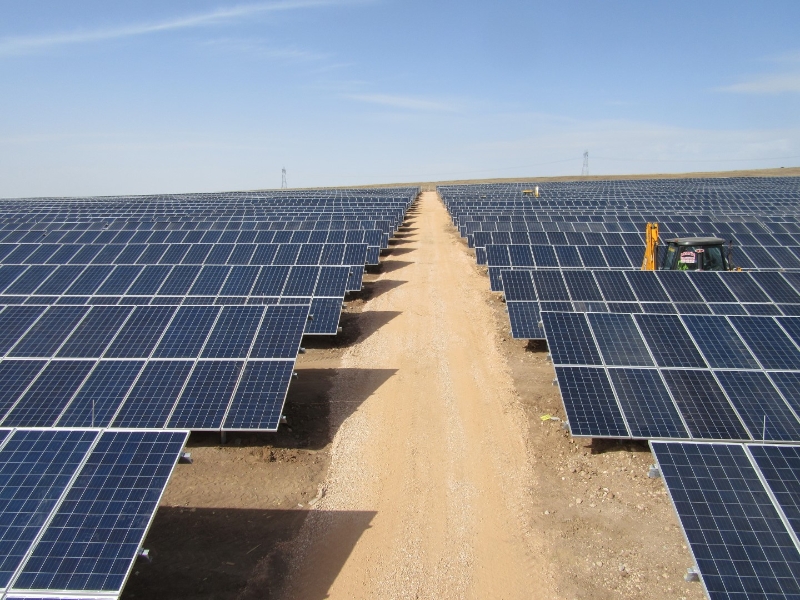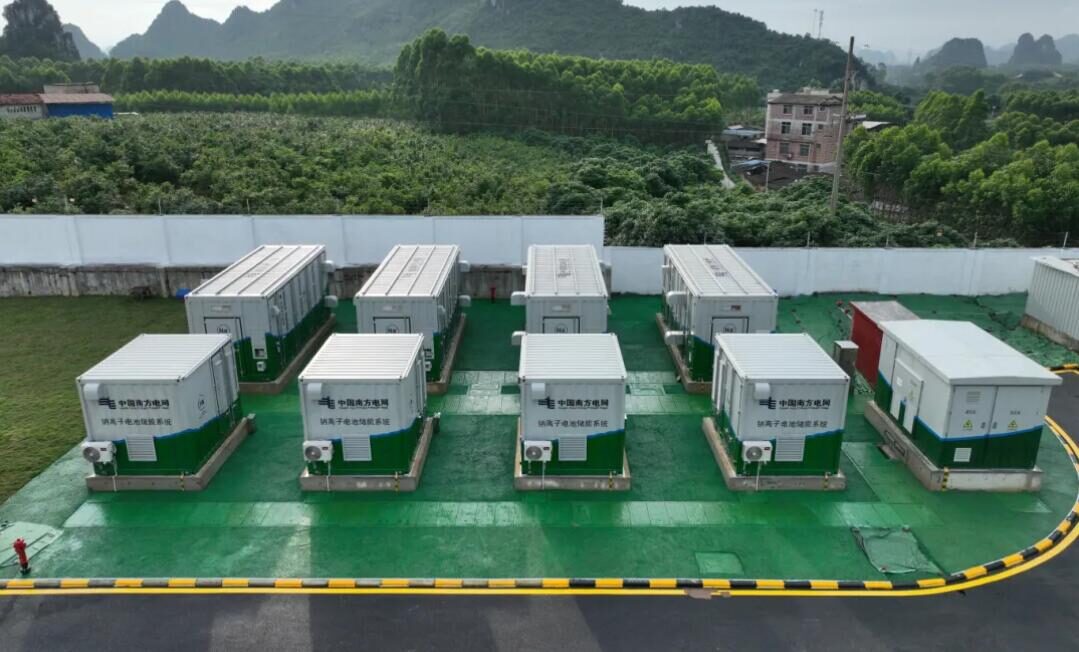Photovoltaic panels manufactured outside of Turkey are already subject to an import tax, called gözetim vergisi. However, Turkey’s government also initiated an antidumping investigation for imported modules.
The investigation was completed in February, and the committee reported to the Ministry of Economy that it had detected a 27% dumping rate for modules imported from China.
The whole process was concluded on Saturday 1st April, when Turkey’s government published a list of China-based PV panel manufacturers who are now subject to an anti-dumping fee of US$20/m² in the state gazette.
The list of firms includes:
Hanwha Q Cells (Qidong)
Zhejiang Jinko Solar
Chint Solar (Zhejiang)
ByD (Shangluo) Industrial
Canadian Solar (Changshu)
Canadian Solar (Luoyang)
CEEG (Shanghai) Solar Science Technology
CEEG Nanjing Renewable Energy
Changzhou Trina Solar Energy
Trina Solar (Changzou) Science and Technology
Hainan Yingli New Energy Resources
Yingi Energy (China)
Hefei Chinaland Solar Energy
Jianhsu Seraphim Solar System
Perlight Solar
Renesolar Jiangsu
Furthermore, all other PV panel manufacturers who have set up manufacturing plants in China, and did not respond to the investigation are subject to an antidumping fee of $25/m².
Ates Ugurel, founder of Turkey’s Solar Energy Society Solarbaba, told pv magazine that “the imposed antidumping fee will increase the PV panel's cost by approximately 30 to 35%. The current average PV panel price is around $0.35/W, and it will now rise to $0.45 to $0.48/W.”
In March, Turkey tendered 1 GW of solar PV capacity, which will comprise a single PV plant in Konya’s Karapinar province. The consortium of South Korea’s Hanwha Q Cells and local Turkish firm Kalyon Enerji won the tender, offering to sell the generated electricity at a feed-in tariff of $0.0699/kWh.
Last month too, Turkey’s energy minister Berat Albayrak said at a conference that the ministry is set to launch a solar and wind tender for 1 GW of new capacity each in mid-summer.
The Konya tender includes requirements for local manufacturing of PV modules, cells, wafers, ingots and inverters, and the industry is waiting to see whether this is also the case for the forthcoming solar tender set to be launched in the summer.
This content is protected by copyright and may not be reused. If you want to cooperate with us and would like to reuse some of our content, please contact: editors@pv-magazine.com.



2 comments
By submitting this form you agree to pv magazine using your data for the purposes of publishing your comment.
Your personal data will only be disclosed or otherwise transmitted to third parties for the purposes of spam filtering or if this is necessary for technical maintenance of the website. Any other transfer to third parties will not take place unless this is justified on the basis of applicable data protection regulations or if pv magazine is legally obliged to do so.
You may revoke this consent at any time with effect for the future, in which case your personal data will be deleted immediately. Otherwise, your data will be deleted if pv magazine has processed your request or the purpose of data storage is fulfilled.
Further information on data privacy can be found in our Data Protection Policy.